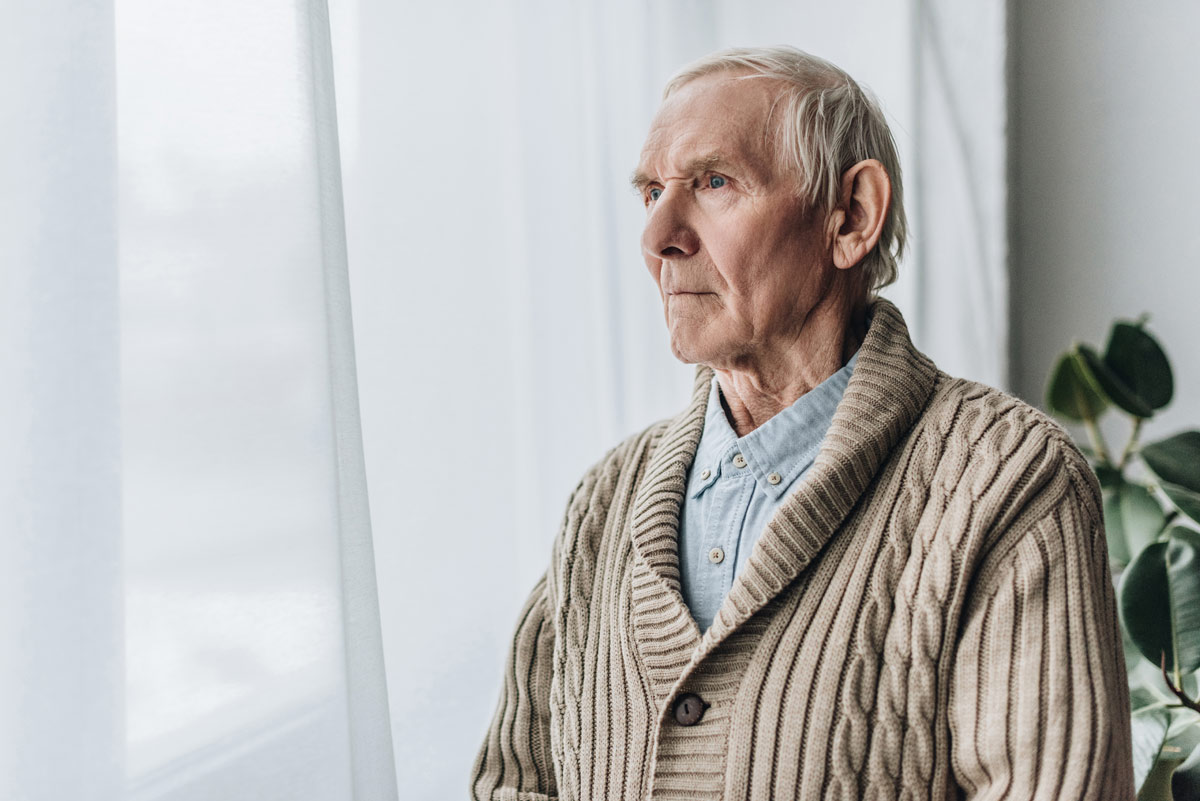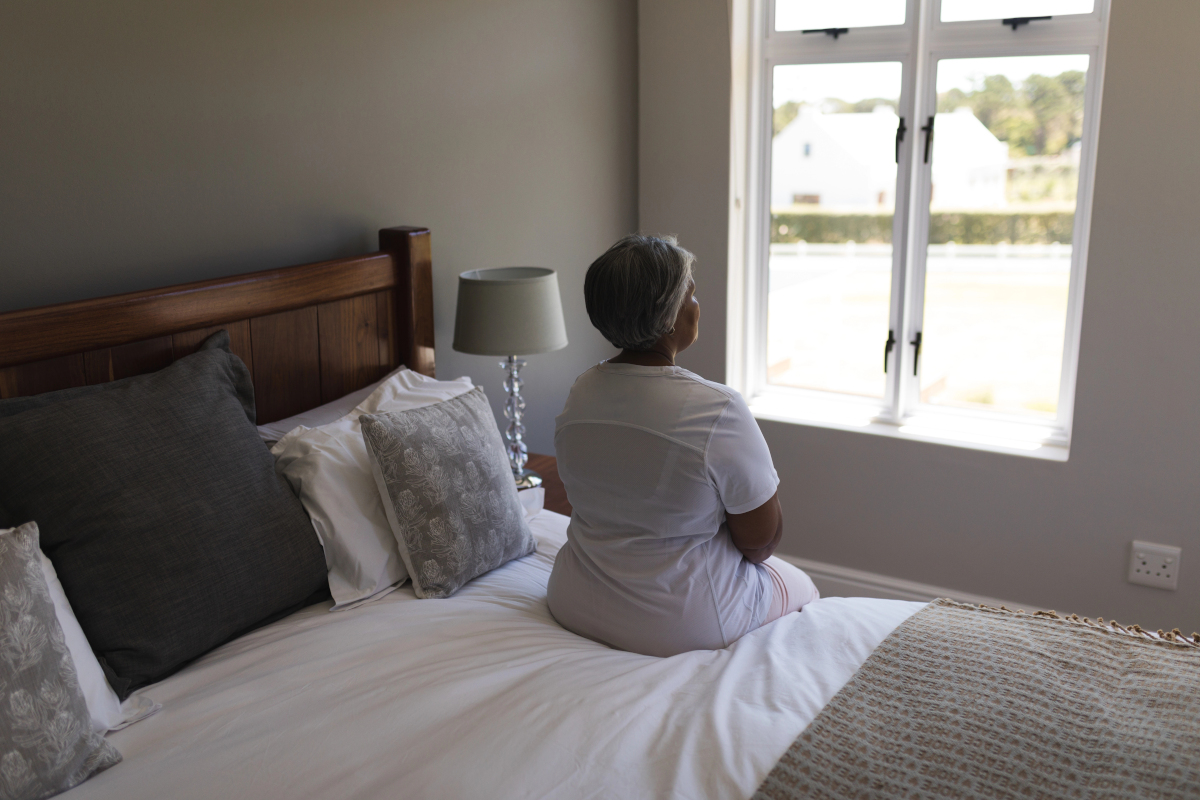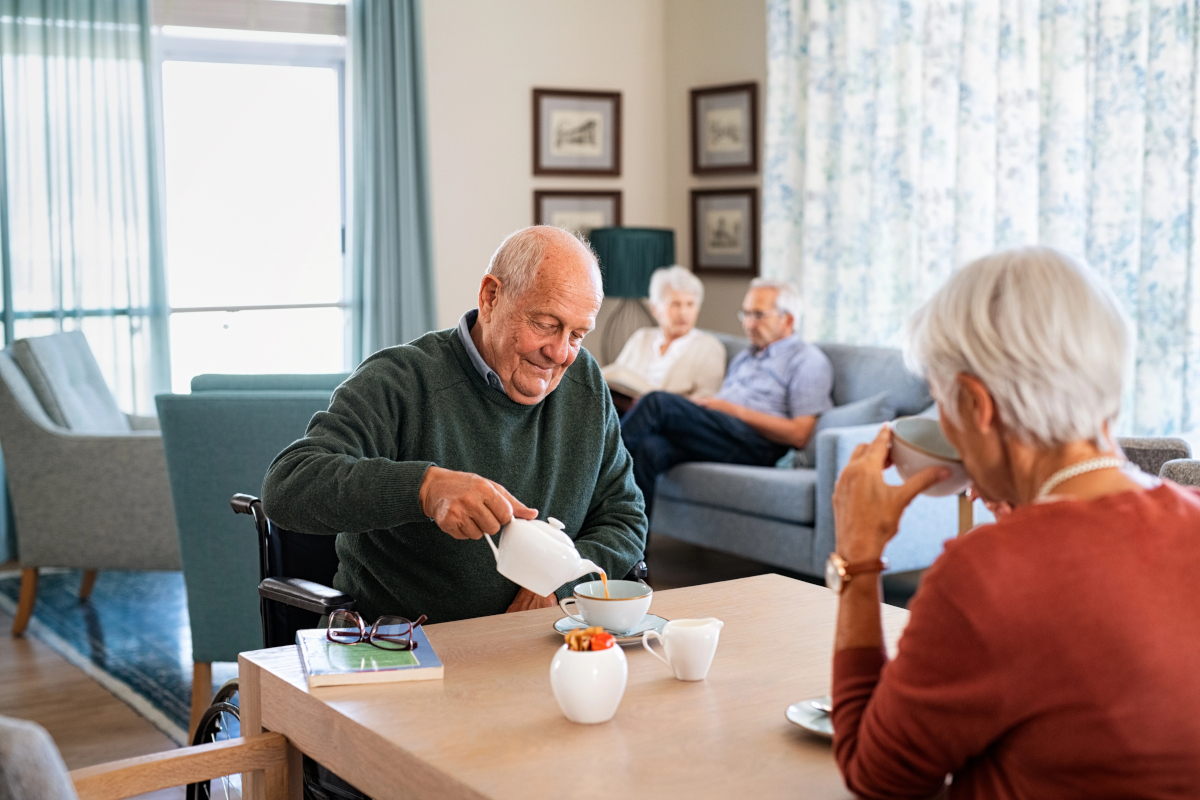Living with a spouse who has dementia can present new challenges. You must be able to provide the care your significant other needs while also taking care of your mental health. The latter is a big concern, especially for elderly people and those with little to no family support.
The University of Waterloo’s Ontario Dementia Caregivers Needs Project found that spouses caring for a loved one with dementia were at a greater risk for developing depression.
Serving as a full-time caregiver can make it difficult to keep up with personal health needs, like going to doctors for check-ups, exams, and preventative care. Stress-related symptoms can also appear in caregivers who are experiencing difficulties or burnout, like colitis and migraines.
If your spouse was recently diagnosed with dementia, then you need the information to prepare for the coming years. There are several things you and your partner can do to lighten the burden on you and maintain a strong, fulfilling relationship as you begin this phase of your lives together.
Discuss the Future During the Early Stages of Dementia
If your partner is still in the early stages of dementia, now is the time to discuss the future. Most people want to have a say in what will happen when they are no longer able to care for themselves or speak on their own behalf.
Sit down and discuss what they want in the future. Any decisions that will affect their life should be made now. That includes financial and long-term care planning as well as any legal issues like wills.
This will also help you later, when you may need to make difficult decisions for your partner. Knowing what they wanted from the beginning will help you feel confident about the choices you make for them.
Support Your Spouse as They Try to Remain Independent
The early stages of dementia can cause issues, but these can be easily dealt with so that your spouse can remain as independent as possible. They may need cues to jog their memory.
Be prepared to help them with reminders when they have appointments, need to take medication, or have trouble remembering the names of people they know. The early stages of dementia can last for years, so your spouse may be able to remain mostly or partially independent with your support for a while.
If you are concerned about how much independence is safe and healthy for your spouse at this stage, you should speak to their doctor. A medical professional can make recommendations to help you navigate these changes and manage dementia-related risks.
Keep Your Emotional Connection with Your Spouse Strong
The way that you and your spouse relate to each other is going to change as dementia progresses. Even though your relationship may look different than it did when you were younger, you should still work to keep the emotional connection you share.
It isn’t uncommon for partners to experience grief, frustration, depression, and loneliness. These feelings can cause one or both partners to lose interest in being intimate.
You should still find ways to express your feelings towards your spouse. Dementia doesn’t take away a person’s need to be loved. Maintaining that emotional connection is good for both of you and can help reduce stress. You can share stories, listen to music together, hold hands, and engage in activities like dancing or walking.
There is no step-by-step instruction manual for keeping your marriage healthy while dealing with dementia. You have to find what works best for you and your spouse.
Encourage Your Spouse to Live a Healthy Lifestyle
A healthy lifestyle is always a good thing. Encourage your spouse to remain active and eat a nutritious diet. Come up with a daily routine that keeps them mentally and socially engaged. Make sure they get enough sleep each night as well.
Living well can help slow the progression of symptoms associated with dementia. Exercising or engaging in physical activities also presents an opportunity to bond as a couple. You can do these things together – because they are good for you, too.
If you live in a retirement community, there may be workout classes or group activities available. Check the community’s events calendar to see what classes or gatherings are a good fit for you and your spouse.
Take Good Care of Your Physical and Mental Health
The attention and quality of care you can give to your spouse is directly related to your physical and mental health. You need to take care of yourself before you can support someone else.
You should know the signs of caregiver stress so that you can seek help if you notice them. They include feeling tired or overwhelmed, losing interest in things you love, feeling sad or irritable, frequent headaches, body aches, gaining or losing weight, and getting too much or too little sleep.
You should also make sure you go to all of your routine check-ups and related appointments. If you need a break, find a respite program. You can also help lessen the workload by getting outside assistance with daily tasks like cleaning and meal preparation, or having someone come by to help care for your spouse on a daily or weekly basis.
Ask for Assistance from Friends, Family, or Care Providers
After living for years or decades as independent adults, it can be difficult for older people to ask for assistance. Some hide their struggles, which only become worse as things progress.
Do not be afraid to ask for help or to tell someone when the situation is becoming too much. Your friends and family are there to support you as well as your spouse. You can also talk to care providers to learn more about organizations that provide services and assistance.
It may be a difficult conversation to have, but it must be done to ensure that you and your spouse are safe, healthy, and enjoy a good quality of life.
Understand That Your Role in Your Marriage Will Change
A person with dementia may eventually need help performing tasks that were once easy. This can include anything from managing finances or doing taxes to basic household cleaning and personal hygiene tasks.
You may need to handle these activities exclusively or find someone to do them for you. It is important to monitor the situation and make sure your spouse is safe. People with dementia are more vulnerable to things like financial abuse and poor decision-making. These symptoms may not show up in the early stages but could appear later.
You must monitor their ability and all financial and legal matters to protect yourselves from fraud, legal trouble, or financial losses.
Reach Out to Family and Friends to Maintain Relationships
People who haven’t had to care for someone with dementia may not know how to react to it. This can create a rift between you and your loved ones. They may be afraid to visit, unsure of how to interact with your spouse.
Try to reach out to friends and family to maintain relationships with them. Be open about what your spouse has trouble with, like remembering names or following a conversation. Help them understand what’s going on so that they are more comfortable interacting with you and your spouse.
Also, let them know that your spouse is still themselves and still enjoys the company of friends and family members.
Assisted living communities provide a safe place for older adults. To learn more about joining a community, visit Pinnacle Peak Senior Living.





